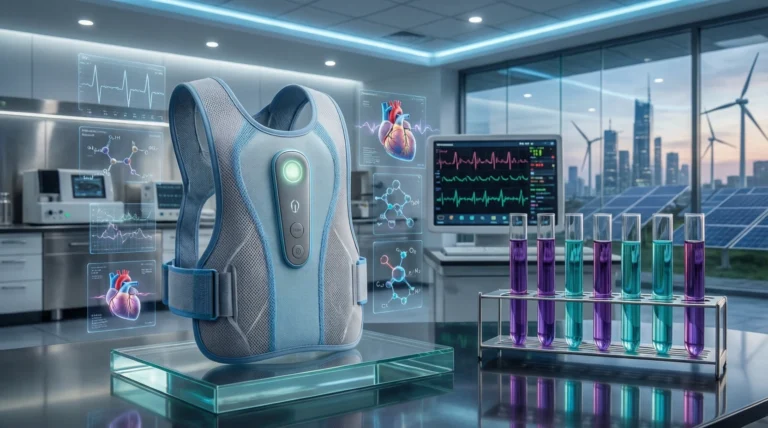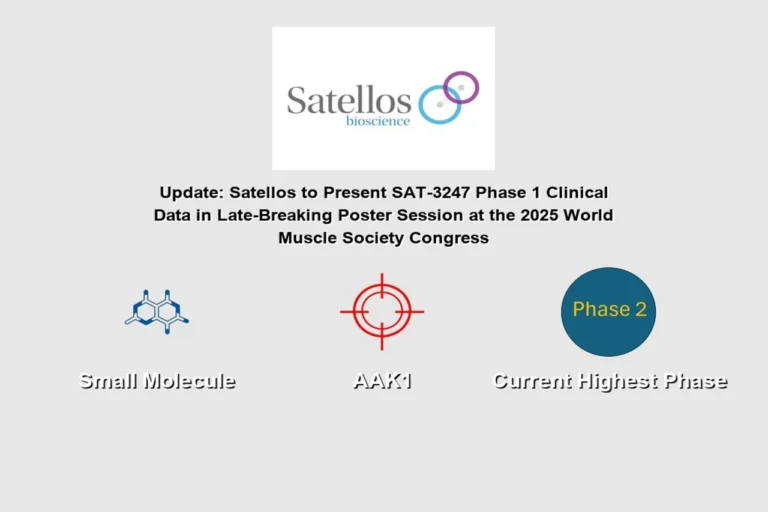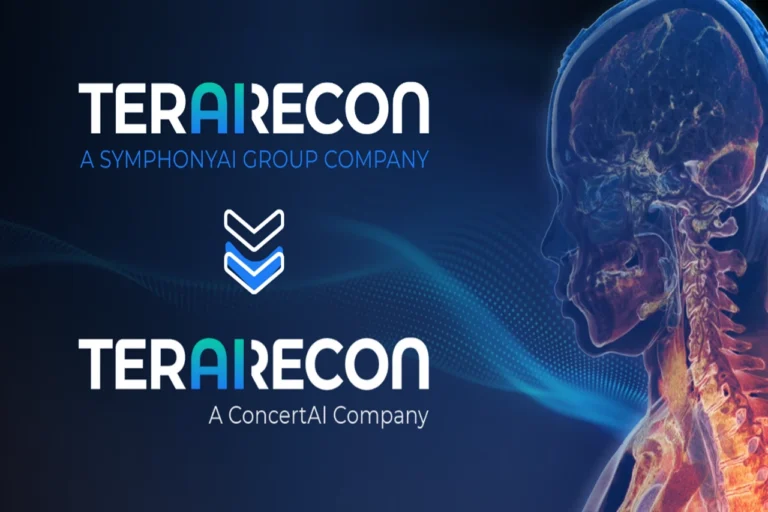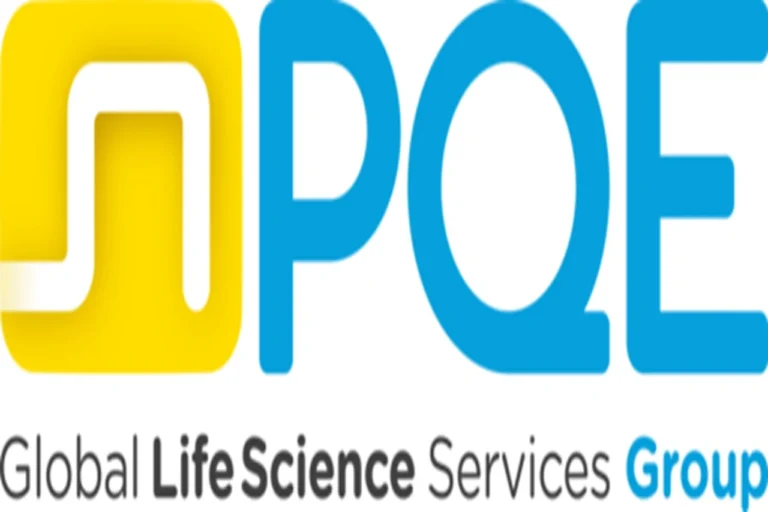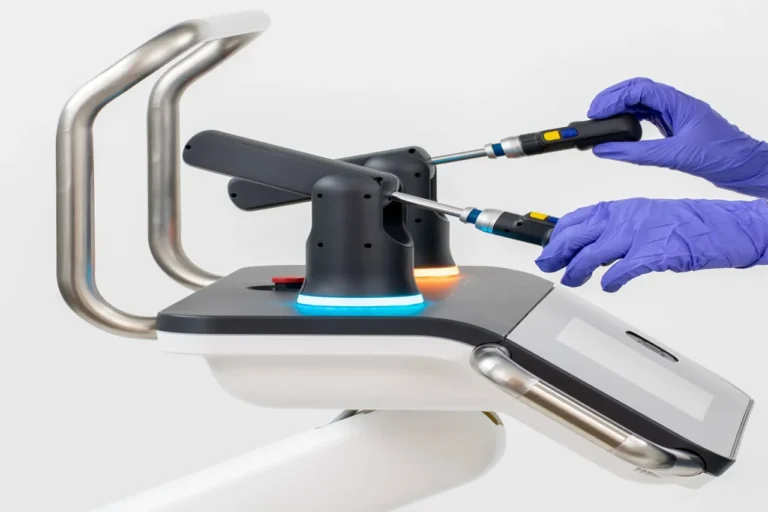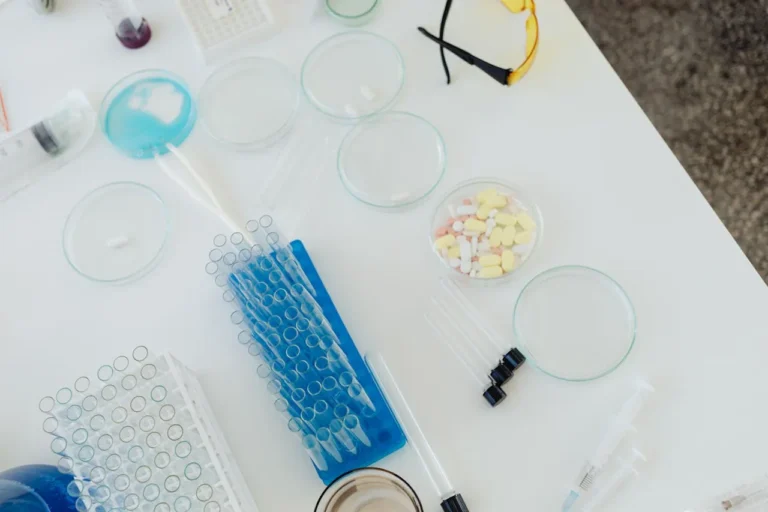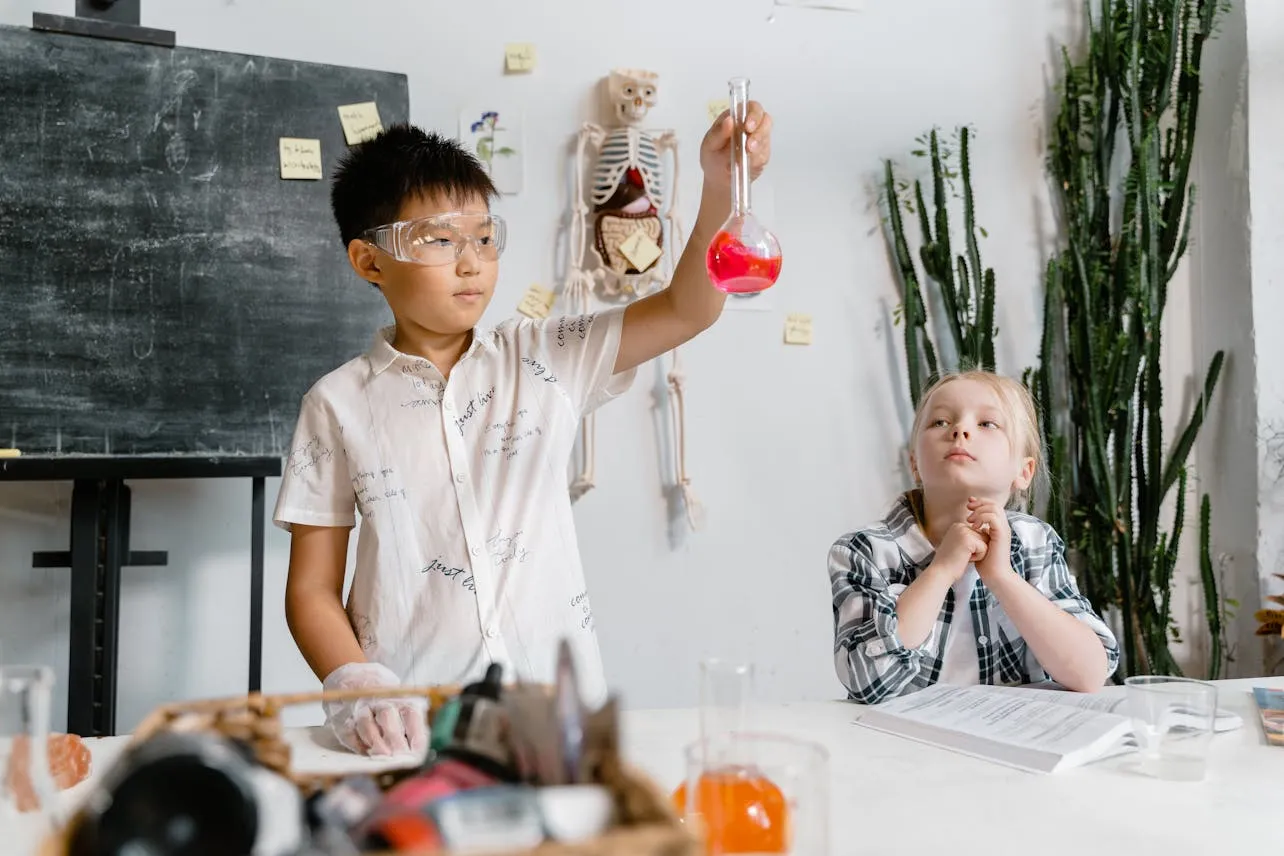
Merck Launches Global 2025 Curiosity Cube Tour, Inspiring the Next Generation of Scientists
In an inspiring step toward making science education more inclusive and engaging, Merck, a prominent global leader in science and technology, officially launched its global 2025 Curiosity Cube tour in its hometown of Darmstadt. This ambitious initiative is centered on a fleet of solar-powered mobile science labs, purpose-built to deliver hands-on STEM (science, technology, engineering, and mathematics) experiences to students around the world.
For the first time since its inception, the Curiosity Cube will expand its reach beyond Europe and North America, making its debut in Africa. The 2025 tour aims to engage more than 60,000 students globally, reinforcing Merck’s deep commitment to fostering scientific curiosity, critical thinking, and digital literacy among young minds.
A Mobile Lab that Makes Science Accessible, Fun, and Interactive
At its core, the Curiosity Cube is more than just a mobile classroom. Housed in retrofitted shipping containers, each Cube is equipped with solar energy panels and state-of-the-art scientific tools, transforming it into a fully functional mobile science lab. Its mission is to travel directly into communities, bringing science to students who may not otherwise have access to such engaging educational resources.
The program features hands-on experiments, interactive demonstrations, and real-world scientific challenges designed to spark interest in STEM careers and promote a deeper understanding of how science impacts everyday life. By meeting students where they are—physically and academically—the Cube serves as a bridge between theoretical learning and real-world application.
“With technological advances and scientific breakthroughs reshaping the world, it has never been more important to inspire early interest in STEM careers and prove that science can be fun,” said Tim M. Jaeger, Chief Strategy and Transformation Officer for the Life Science business sector of Merck. “With the Curiosity Cube, we are breaking down barriers to science education by bringing hands-on experiments directly to students in their local communities.”
A Spotlight on Artificial Intelligence and Digital Fluency
One of the most exciting new additions to the 2025 Curiosity Cube experience is the inclusion of AI-focused educational modules. As artificial intelligence becomes more integrated into daily life—shaping everything from search engines and smart devices to healthcare diagnostics and autonomous vehicles—it’s critical that young learners develop both an understanding of how AI works and a sense of responsibility in using it.
This year’s AI-themed content offers students opportunities to explore:
- The difference between AI-generated images and real photographs, helping them grasp concepts like digital authenticity and misinformation.
- How AI systems “learn”, drawing parallels between machine learning and the way the human brain recognizes patterns.
- The principles behind self-driving cars, with hands-on simulations illustrating how machine learning helps navigate roads and make decisions.
These immersive, interactive experiences are designed to demystify artificial intelligence, promote digital fluency, and stimulate interest in computer science and data analysis—fields that are poised to shape the future workforce.
The New Curiosity Labs™ STEM Center in Darmstadt
Complementing the mobile labs, Merck also unveiled its new Curiosity Labs™ STEM Center in Darmstadt. This permanent facility features 11 immersive science learning modules developed to extend the impact of the Cube’s educational mission.
Unlike the mobile units, which operate on a tour schedule, the Curiosity Labs STEM Center will serve as a year-round resource for local schools, youth organizations, and educators. The center provides students with extended opportunities to explore key scientific concepts through inquiry-based learning.
From experiments in chemical reactions to investigations of biological systems, the lessons are tailored to enhance classroom curricula while encouraging students to approach problems like real scientists—through observation, hypothesis, experimentation, and analysis.
Africa Joins the Global Curiosity Cube Tour
In one of the most anticipated milestones of the 2025 tour, the Curiosity Cube will launch its first-ever African tour on June 10, 2025. A total of 100 events are scheduled across Botswana, Eswatini, Lesotho, Namibia, and South Africa, marking a significant step in Merck’s goal of making science education more equitable and globally inclusive.
This expansion reflects the company’s recognition of the growing demand for STEM education in underserved regions, where access to high-quality science labs and resources may be limited. By bringing these tools directly to students in their communities, Merck is helping to bridge educational gaps and encourage the next generation of African scientists, engineers, and innovators.
Continued Presence Across Europe and North America
While the African debut is a notable highlight, the 2025 Curiosity Cube tour will also continue its well-established presence in Europe and North America.
In Europe, over 130 events are scheduled, reaching schools and communities in Austria, Belgium, the Czech Republic, France, Germany, Ireland, Italy, Liechtenstein, the Netherlands, Spain, Switzerland, and the United Kingdom. From bustling cities to rural towns, the Cube ensures that students across the continent have a chance to explore the excitement of hands-on science.
Meanwhile, the seventh North American tour is already planned to be one of the largest yet, with 140 events scheduled throughout the United States and Canada. Cities on the itinerary include Austin, Boston, Cleveland, Houston, Kansas City, Milwaukee, Seattle, St. Louis, Toronto, and many others.
This continuation of the North American tour underscores the program’s success in engaging students and educators in meaningful STEM learning and building long-lasting community relationships.
Addressing the STEM Skills Gap
The global STEM workforce continues to face significant talent shortages, particularly in roles related to data science, engineering, environmental technology, and biotech research. Many educational systems struggle to keep pace with the demands of emerging industries, leaving gaps in both access to learning and student engagement.
The Curiosity Cube is uniquely positioned to help close these gaps. By fostering curiosity at an early age, introducing students to real-world scientific applications, and connecting classroom theory with practical experiences, the program plays a crucial role in building a stronger, more diverse STEM pipeline.
Moreover, the initiative is inclusive by design—reaching students from all socioeconomic backgrounds, ethnicities, and learning levels. Activities are tailored to be culturally relevant and accessible, ensuring that every child can see themselves in the world of science.
Sustainability and Innovation at the Core
The Curiosity Cube is not just educational—it’s also an example of Merck’s commitment to environmental sustainability. Each unit is powered by solar energy, minimizing its carbon footprint while showcasing the practical benefits of clean technologies.
Additionally, the educational content itself often includes lessons on sustainable practices, environmental science, and climate action—topics that are increasingly central to global discussions on innovation and equity.
A Vision for Future Generations
As the 2025 Curiosity Cube tour gets underway, Merck continues to expand its vision for science education that transcends borders, classrooms, and socioeconomic barriers. Whether a student is learning how AI detects cancer cells, programming a robot to follow a maze, or observing chemical reactions for the first time, the impact of these early STEM experiences can be life-changing.
“In a world defined by innovation, equipping students with curiosity and the tools to explore their questions is one of the most important investments we can make,” said Jaeger. “The Curiosity Cube is our way of making sure those opportunities are not limited by geography, income, or circumstance.”
With its expanding global footprint, cutting-edge content, and a growing network of educators and volunteers, the Curiosity Cube is on track to leave a lasting mark on science education—and to ignite a passion for discovery that travels well beyond 2025.


